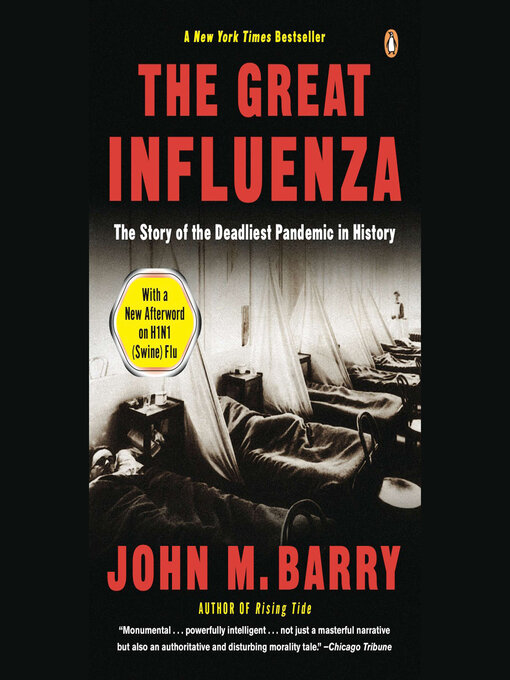- New eBook additions
- Available now eBooks
- Try something different
- Most popular
- New teen additions
- New kids additions
- Trending on BookTok
- Mysteries
- Biographies
- True Crime
- Romance
- Fantasy
- Sci-Fi
- See all
- New audiobook additions
- Available now Audios
- Try something different
- Most popular
- New teen additions
- New kids additions
- Trending on BookTok
- Mysteries
- Biographies
- True Crime
- Romance
- Fantasy
- Sci-Fi
- See all
- Popular Magazines
- Always Available Audiobooks
- Always Available eBooks
- New Magazines
- Comics, Graphic Novels, & Manga
- Top 50 eAudios of 2024
- Top 50 eBooks of 2024
- Top 50 Teen Reads of 2024
- Top 50 Kids Reads of 2024
- See all
- Popular Magazines
- Just Added
- Most Popular
- Art, Architecture
- Business & Finance
- Entertainment & Celebrity
- Fashion
- Food & Cooking
- Health & Fitness
- Hobbies & Crafts
- Home & Garden
- Lifestyle
- News & Politics
- See all


